Gormenghast
- 7.2
- Drama
- 2000
- 1h
- 14+
A British TV miniseries adaptation of Mervyn Peake's classic gothic fantasy novels, focusing on the surreal and labyrinthine world of the ancient castle of Gormenghast. The series follows the young heir, Titus Groan, as he navigates the bizarre customs, power struggles, and sinister plots that pervade his ancestral home. With its richly detailed sets, eccentric characters, and baroque visual style, "Gormenghast" brings Peake's dark and imaginative world to life, offering a unique and captivating viewing experience. The miniseries stands out for its intricate storytelling, gothic atmosphere, and the exploration of themes like tradition, rebellion, and the burdens of inheritance.

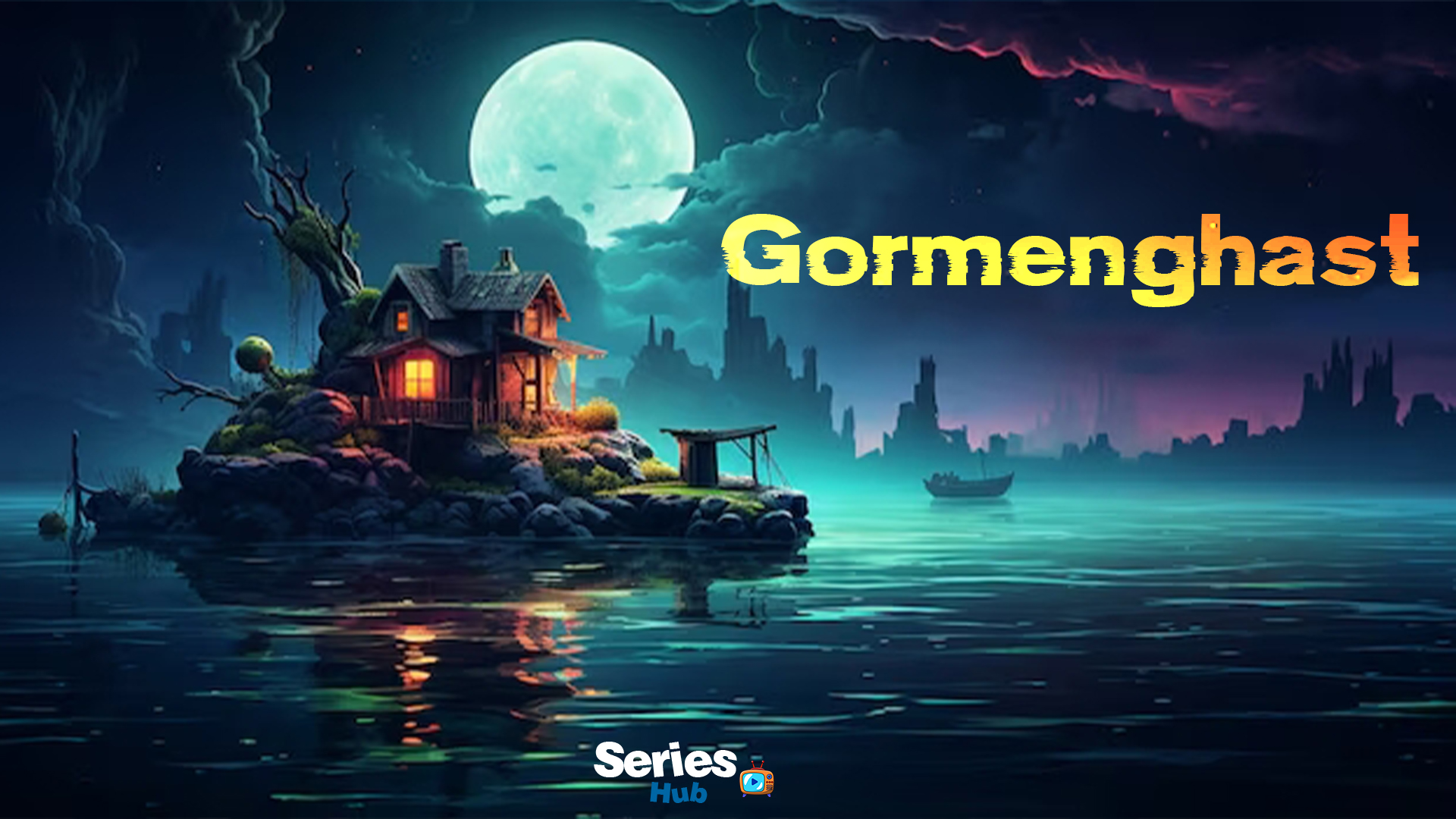
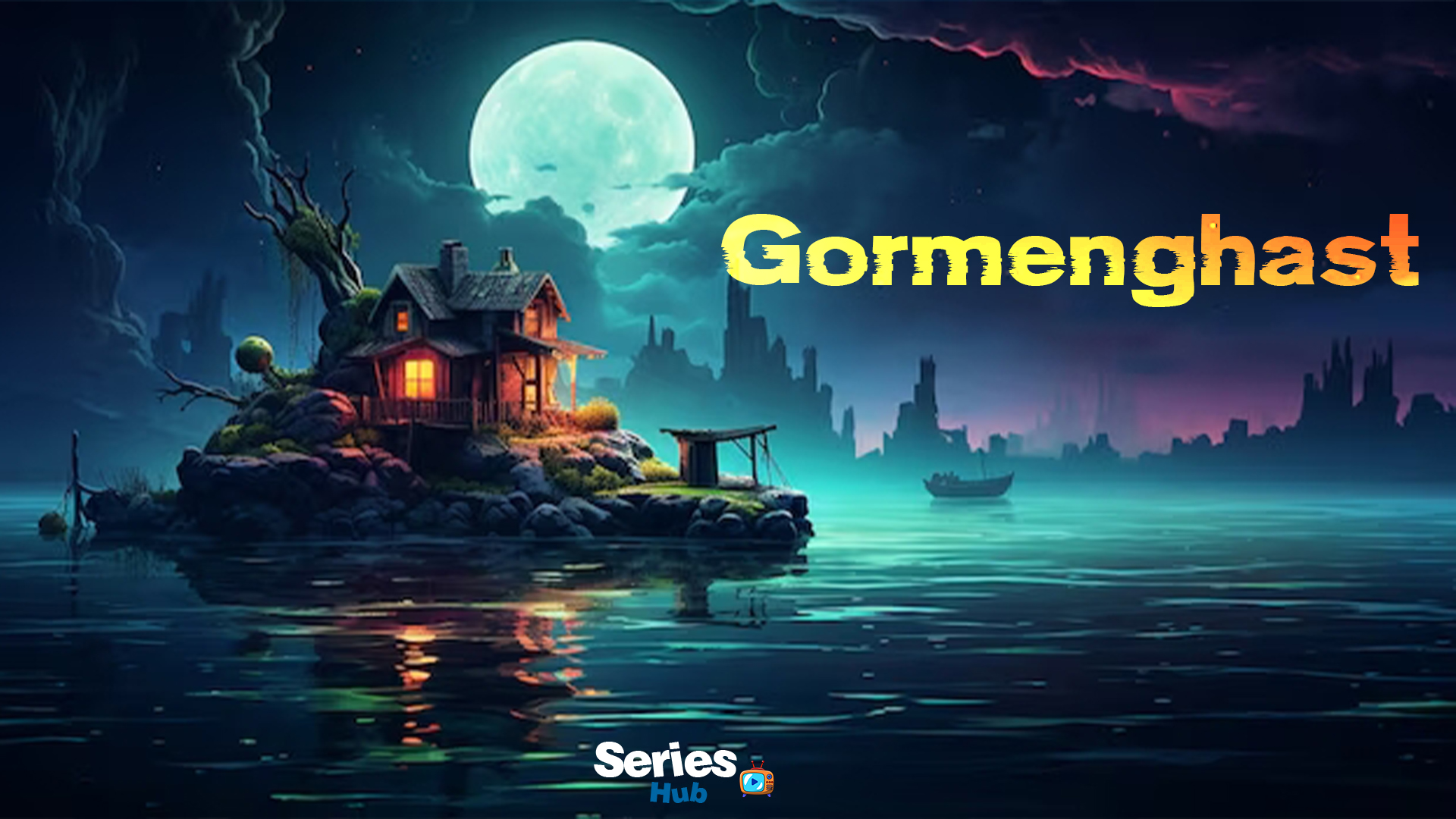
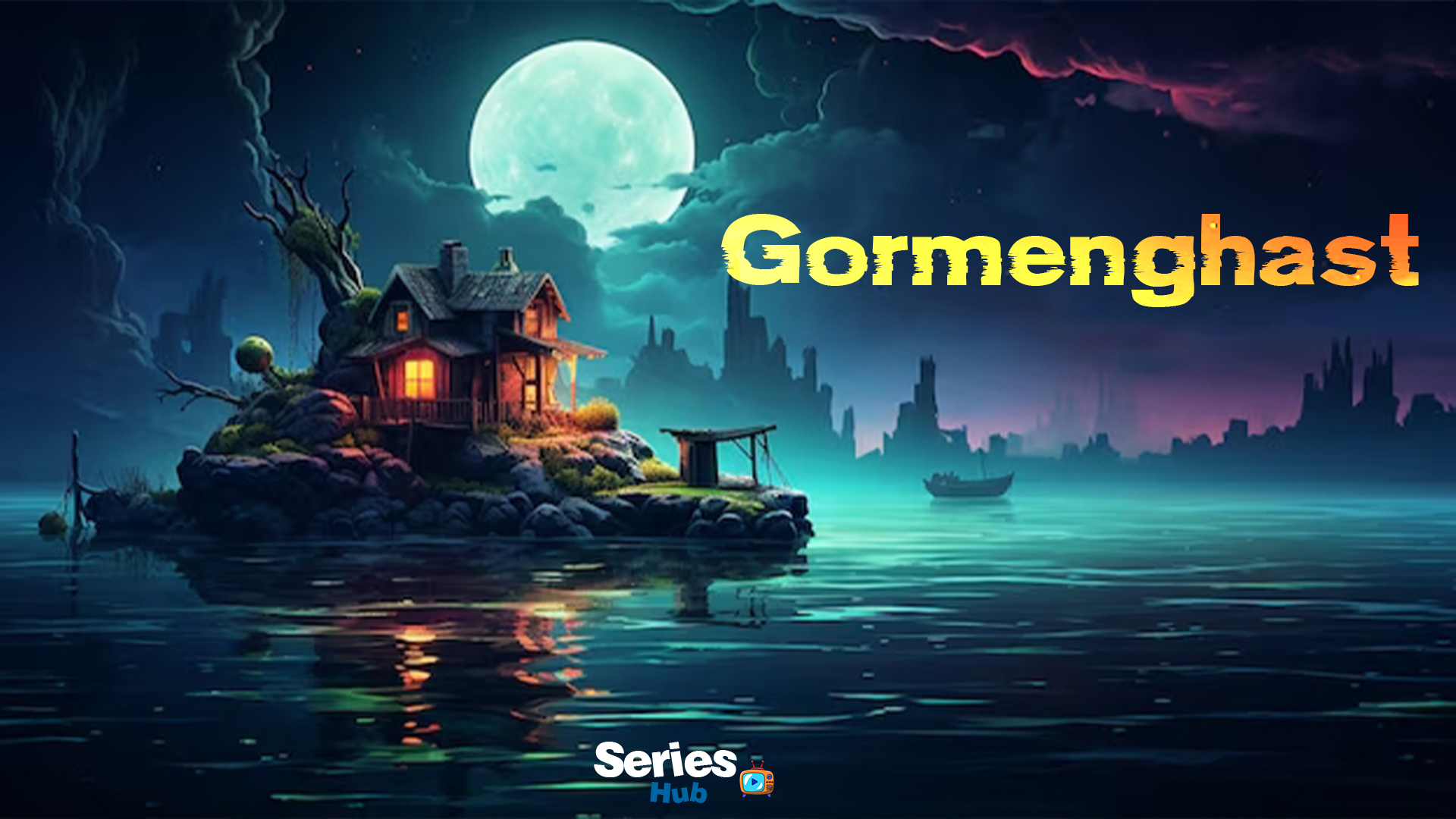
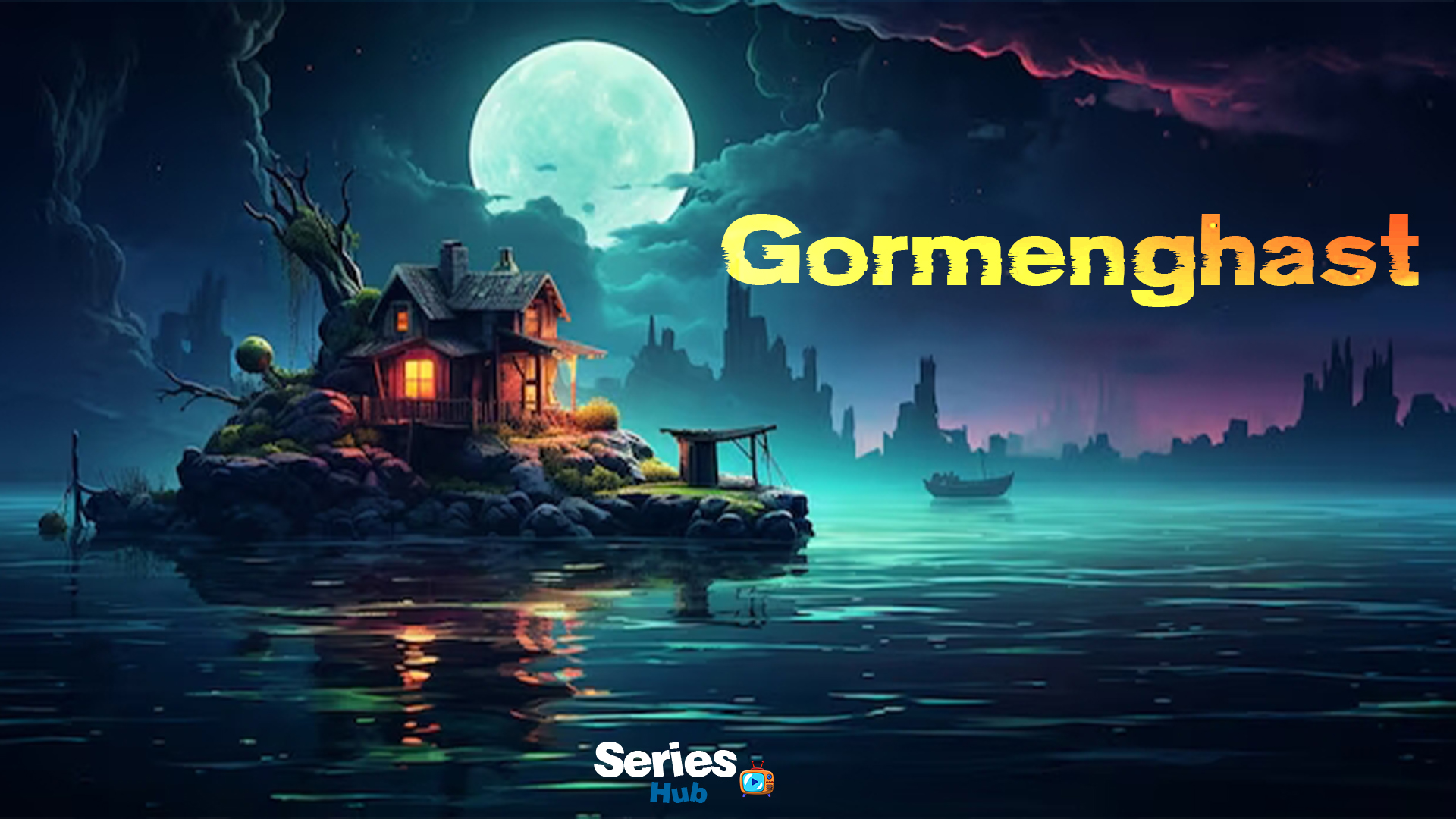
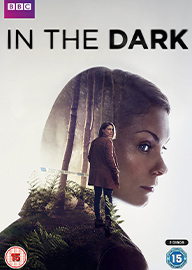
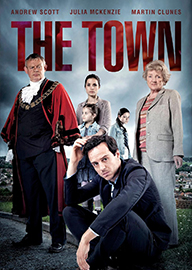

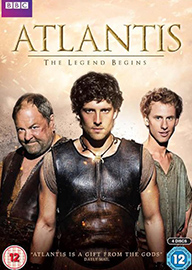








Comments
0Reviews
0Summery
1Please sign in to comment.
Please sign in to review.
"Gormenghast" is a 2000 British television miniseries that brings to life the richly imaginative and gothic world of Mervyn Peake's classic novels. The series, which originally aired on the BBC, is an adaptation of the first two books in Peake's "Gormenghast" trilogy—*Titus Groan* (1946) and *Gormenghast* (1950). With its elaborate set designs, darkly whimsical tone, and a stellar ensemble cast, "Gormenghast" offers a visually stunning and narratively complex journey through the ancient, decaying castle of the same name, where tradition reigns supreme and the lives of its inhabitants are dictated by ritual and custom.
The story is set in the sprawling and labyrinthine Castle Gormenghast, a place where time seems to stand still and where the rigid, unchanging traditions have shaped the lives of its inhabitants for generations. The central plot follows the rise of Steerpike (Jonathan Rhys Meyers), an ambitious and cunning kitchen boy who seeks to escape his lowly origins by climbing the social hierarchy of the castle. Steerpike's journey is marked by manipulation, deceit, and murder as he schemes his way into positions of power, all while hiding his true, malevolent nature.
At the heart of the narrative is the Groan family, the ruling dynasty of Gormenghast. Lord Sepulchrave (Ian Richardson) is the melancholic and somewhat detached Earl of Gormenghast, who is bound by the weight of tradition. His wife, Countess Gertrude (Celia Imrie), is an eccentric and formidable presence, obsessed with her menagerie of birds and cats. Their daughter, Lady Fuchsia (Neve McIntosh), is a dreamy and isolated young woman who yearns for something beyond the stifling confines of the castle. The birth of their son, Titus Groan (Cameron Powrie as a child, Andrew N. Robertson as a young adult), marks the beginning of a new chapter in the castle's history, as he is destined to inherit the earldom and the burdens that come with it.
As Steerpike's influence grows, he begins to weave a web of intrigue that threatens to unravel the very fabric of Gormenghast. He cunningly ingratiates himself with key figures in the castle, including Dr. Prunesquallor (John Sessions), the castle's physician, and his sister Irma (Fiona Shaw), as well as the Groan family themselves. Steerpike's ultimate goal is to seize control of Gormenghast, but his rise to power comes at a great cost, leading to a series of tragic events that culminate in a dramatic and inevitable confrontation. The series is renowned for its visually arresting production design, which vividly captures the gothic and surreal atmosphere of Peake's world. The castle itself is a character in its own right, with its vast, crumbling corridors, towering spires, and shadowy chambers reflecting the decay and stagnation that permeate the lives of its inhabitants. The use of elaborate costumes, intricate set pieces, and a muted color palette further enhances the sense of otherworldliness and timelessness that defines Gormenghast.
"Gormenghast" also benefits from its strong ensemble cast, who bring depth and nuance to the eccentric and often grotesque characters that populate the story. Jonathan Rhys Meyers delivers a standout performance as Steerpike, imbuing the character with a chilling charisma and ruthless ambition that make him both compelling and terrifying. Ian Richardson and Celia Imrie provide gravitas to their roles as the Groan family patriarch and matriarch, while Neve McIntosh's portrayal of Lady Fuchsia captures the character's vulnerability and yearning for escape.
The miniseries' exploration of themes such as power, tradition, and the struggle between individuality and societal expectation resonates throughout the narrative. The rigid rituals of Gormenghast serve as a metaphor for the suffocating nature of tradition, while Steerpike's rise to power highlights the dangers of unchecked ambition and the corrupting influence of power. At the same time, the character of Titus Groan represents a potential break from the past, as he grapples with the expectations placed upon him and the desire to forge his own path.
While "Gormenghast" received praise for its visual style and faithful adaptation of Peake's novels, it also faced criticism for its pacing and the complexity of its source material, which can be challenging for viewers unfamiliar with the books. However, the series has since garnered a cult following, with many appreciating its unique blend of dark fantasy, gothic horror, and satirical commentary on the nature of power and tradition.
In conclusion, "Gormenghast" (2000) is a visually striking and thematically rich adaptation of Mervyn Peake's beloved novels. Its intricate world-building, memorable characters, and exploration of timeless themes make it a compelling watch for fans of gothic fiction and dark fantasy. While it may not be accessible to all viewers, particularly those unfamiliar with the original books, it remains a distinctive and ambitious work that captures the essence of Peake's literary vision.